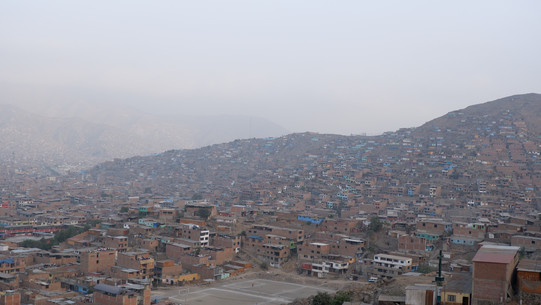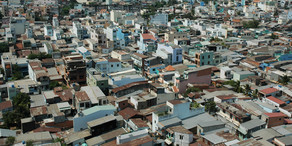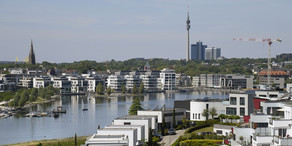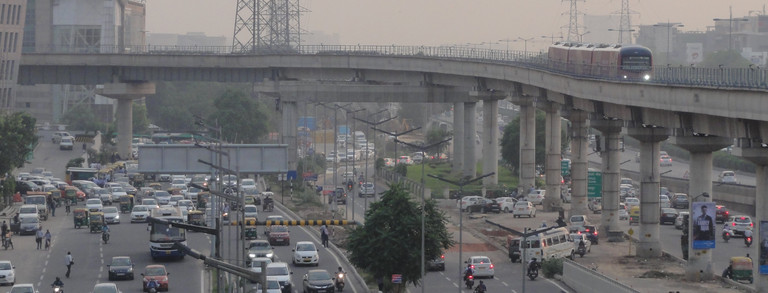Lima's extended urban fringe: Housing and housing finance strategies in San Juan de Lurigancho
The effects of neoliberalism on large-scale urbanisation have been studied internationally in morphological, functional and social terms. In Latin America, however, there are few studies on the periphery of megacities, where a particular form of self-managed urban production exists. The processes of progressive growth in terms of housing and financing strategies of low-income households can be considered as components of urban flows and as such are subject to informal and formal regulations.
For this reason, we examine the current urban peripheries of Greater Lima that form self-managed peripheries in the context of neoliberal policies. Furthermore, we analyse the production of space in order to understand the strategies of popular housing and its financing by residents. In this way, we contribute to an understanding, also in terms of decision-making processes, of what the components of incremental construction and financing of housing are; in light of the possibilities and constraints that arise from urban flows. This will lead to a deeper understanding of the emerging urban fringe and its importance for participatory planning and housing policy that engages low-income residents.

Project partners
For "Periferias metropolitanas expandidas de Lima: Estrategias del habitar popular y financiamiento de la vivienda en San Juan de Lurigancho", IPS collaborates with:







